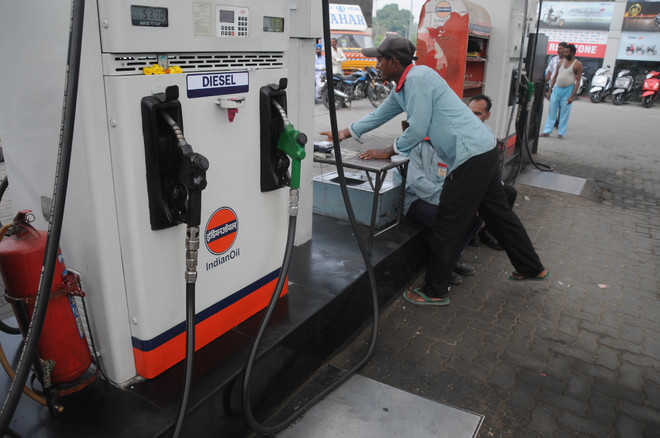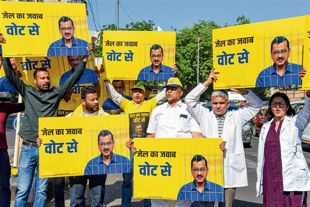
Petroleum products — particularly petrol, diesel and cooking gas — are indeed political fuels. Parties in power seldom miss any opportunity to leverage them for their own political end. There had been several examples when the Congress-led UPA government had forced state-run oil marketing companies — IOC, BPCL and HPCL — to sell petrol, diesel and kerosene significantly below market rates. Every Petroleum Minister had one implicit brief — keep fuel prices low before crucial elections to woo the common man. It was not a difficult task to achieve for the minister who controlled CMDs of public sector oil companies that enjoyed a virtual monopoly in the Indian fuel retail market. The taxpayer paid the price of this political manoeuvring. Oil subsidy was the biggest drain on the Indian exchequer. The country’s fuel subsidy burden crossed Rs 1.60 lakh crore in 2012-13. Alarmed by the ballooning subsidy bill, the UPA regime was forced to initiate fuel subsidy reforms, albeit without political will. A steep decline in the international oil prices gave the newly elected BJP-led NDA regime an opportunity to usher in fuel price reform.
Aligned with the international market, petrol and diesel prices now moved up and down on a daily basis. The arrangement was working smoothly until international oil prices started moving north. Last month diesel prices touched an all-time high and petrol rates touched a four-year record.
The incumbent Modi government is leaving no stone unturned to win the Karnataka Assembly election scheduled later this month, a crucial precursor to the General Election 2019. The tone is already set. The Union Cabinet has announced a slew of schemes to placate aggrieved voters that include financial assistance of over Rs 19,000 crore to sugar mills to clear dues of farmers and the continuance of “Green Revolution–Krishonnati Yojana” up to 2019-20 with a Rs 33,270 crore Central assistance. These are some overt actions. But tacitly, the government has also frozen prices of petrol and diesel since April 24 to check price increase, which could be politically detrimental. This is not only an anti-reform move but also political misuse of state-controlled oil companies. Instead of resorting to such political strategies, the government should cut taxes on fuels to reduce their rates.



























